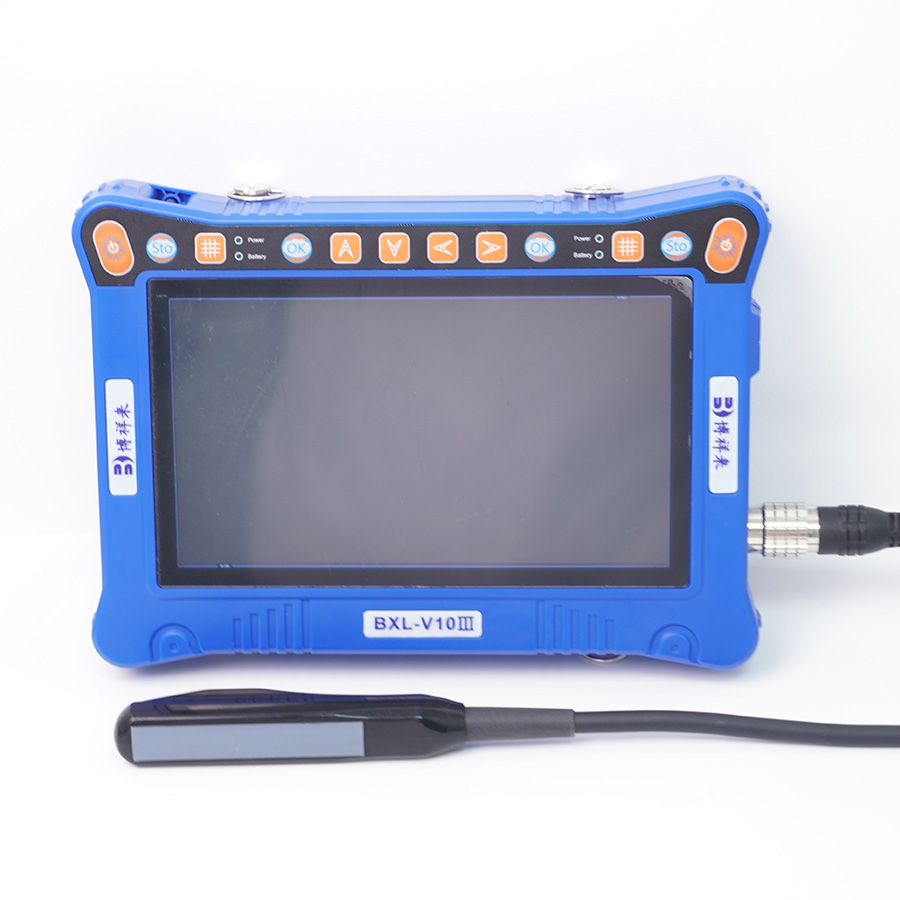Dog ear infections are a common issue faced by pet owners. While severe cases require veterinary care, some mild ear infections can be managed at home with proper care and knowledge. This guide, inspired by the expertise behind BXL Veterinary ultrasound, provides actionable steps for treating dog ear infections without immediate vet intervention. However, it's essential to know when professional help is necessary to prevent complications.

Understanding Dog Ear Infections
Ear infections in dogs, medically known as otitis externa, occur when bacteria, yeast, or mites cause inflammation in the ear canal. Common signs include:
- Excessive scratching or pawing at the ears.
- Redness or swelling inside the ear.
- A foul odor coming from the ear.
- Discharge that can be brown, yellow, or black.
- Head shaking or tilting.
If your dog exhibits these symptoms, it’s essential to determine whether the infection is mild enough for home treatment or requires a vet's attention.
Can You Treat Dog Ear Infections Without a Vet?
For mild infections or as a preventive measure, home treatment may help alleviate symptoms. However, severe infections or chronic ear issues should always be addressed by a veterinarian.
When to Seek Veterinary Care:
- If your dog is in pain or has significant swelling.
- If there’s blood or pus-like discharge.
- If the symptoms persist despite home treatment.
How to Treat a Dog’s Ear Infection at Home
1. Clean the Ears Gently
Before applying any treatment, ensure the ear canal is clean. Here’s how:
- Use a vet-approved ear cleaner or a homemade solution of equal parts water and apple cider vinegar (if no open wounds are present).
- Avoid inserting anything deep into the ear canal, as this can cause injury. Use a cotton ball or gauze pad to wipe away visible debris.
- Never use hydrogen peroxide, as it can irritate the ear lining.
2. Apply a Natural Antimicrobial Solution
After cleaning, you can use natural remedies to reduce infection:
- Coconut oil: Warm a small amount and apply it to the ear canal with a clean cotton swab. Coconut oil has antifungal and antibacterial properties.
- Apple cider vinegar: Dilute with equal parts water and use it as an ear rinse.
- Aloe vera gel: Apply a small amount inside the ear to soothe inflammation.
3. Prevent Moisture
Moisture is a breeding ground for bacteria and yeast. After cleaning and treating your dog’s ears, ensure they are dry by gently patting them with a soft cloth.
4. Reduce Inflammation Naturally
To reduce swelling and discomfort, consider using chamomile tea. Brew a strong cup, let it cool, and use it as an ear rinse.
5. Boost Your Dog’s Immune System
A healthy diet can help your dog fight off infections. Include omega-3 fatty acids (found in fish oil), probiotics, and vitamin E in their diet to promote overall ear health.
Preventing Future Ear Infections
1. Regular Ear Cleaning
Clean your dog’s ears weekly with a vet-approved cleaner, especially if your dog has floppy ears or swims frequently.
2. Check for Allergies
Many ear infections are caused by underlying allergies. If your dog frequently suffers from ear issues, consider eliminating common allergens like wheat, dairy, or certain proteins from their diet.
3. Keep Ears Dry
Always dry your dog’s ears thoroughly after baths or swimming.
4. Inspect for Foreign Objects
Check your dog’s ears regularly for grass seeds, dirt, or other foreign objects that could lead to irritation and infection.
Why Veterinary Care May Still Be Necessary
While home treatments can help mild infections, professional veterinary care is essential for severe or recurring infections. Veterinarians often use diagnostic tools, such as ultrasound, to examine the ear canal and determine the root cause of the infection.
BXL Veterinary Ultrasound specializes in advanced diagnostic imaging, which can be invaluable for identifying underlying conditions like tumors, foreign objects, or chronic inflammation. If your dog’s symptoms persist, schedule an appointment with your vet to ensure proper treatment.
tags: Veterinary Ultrasound


